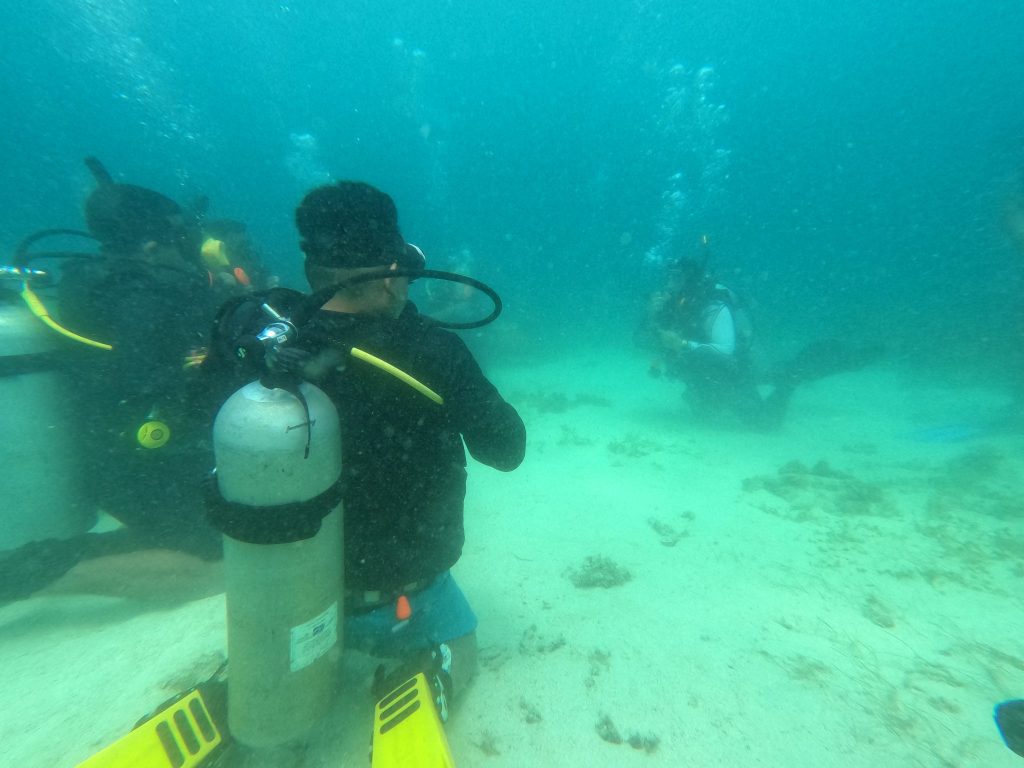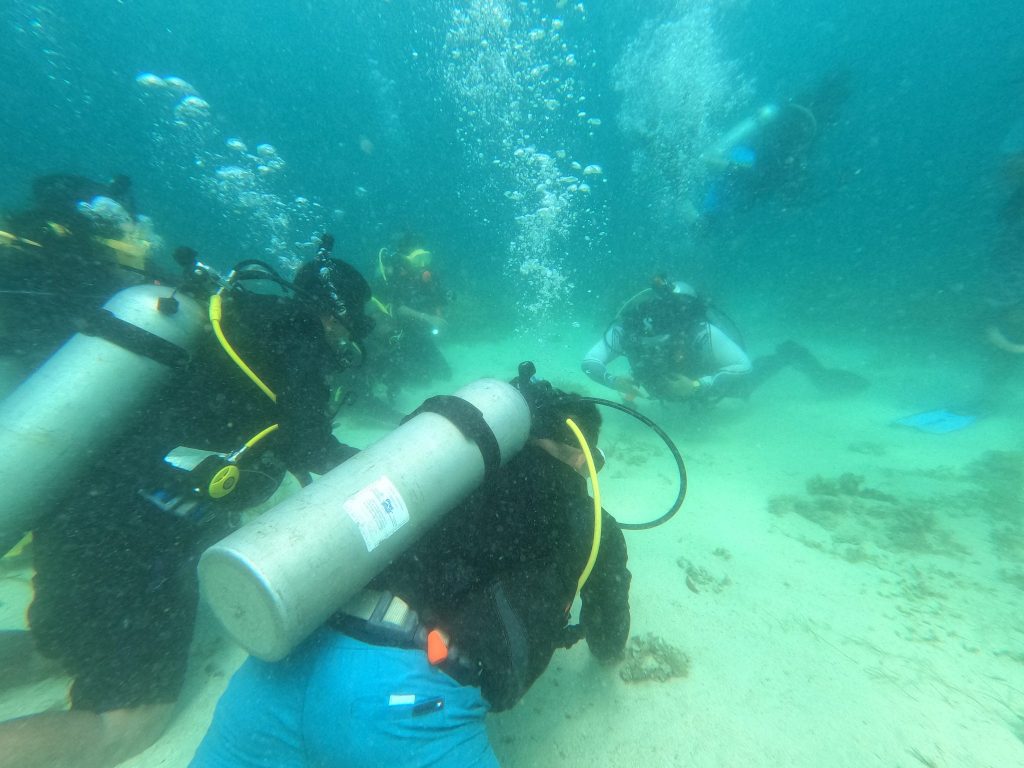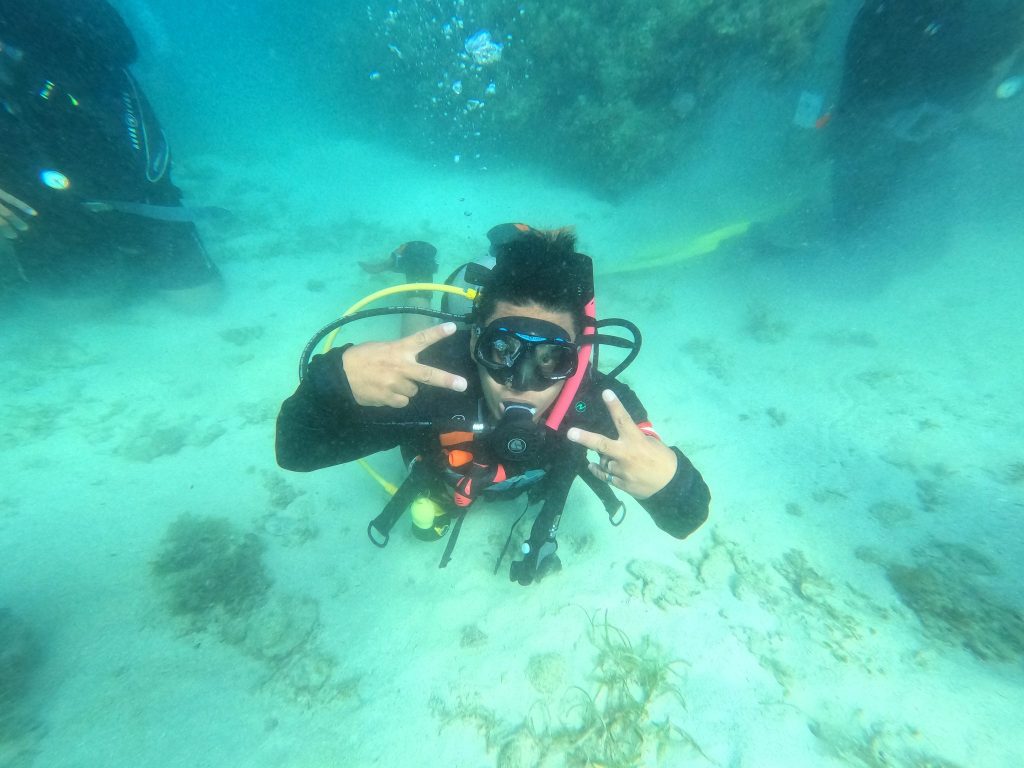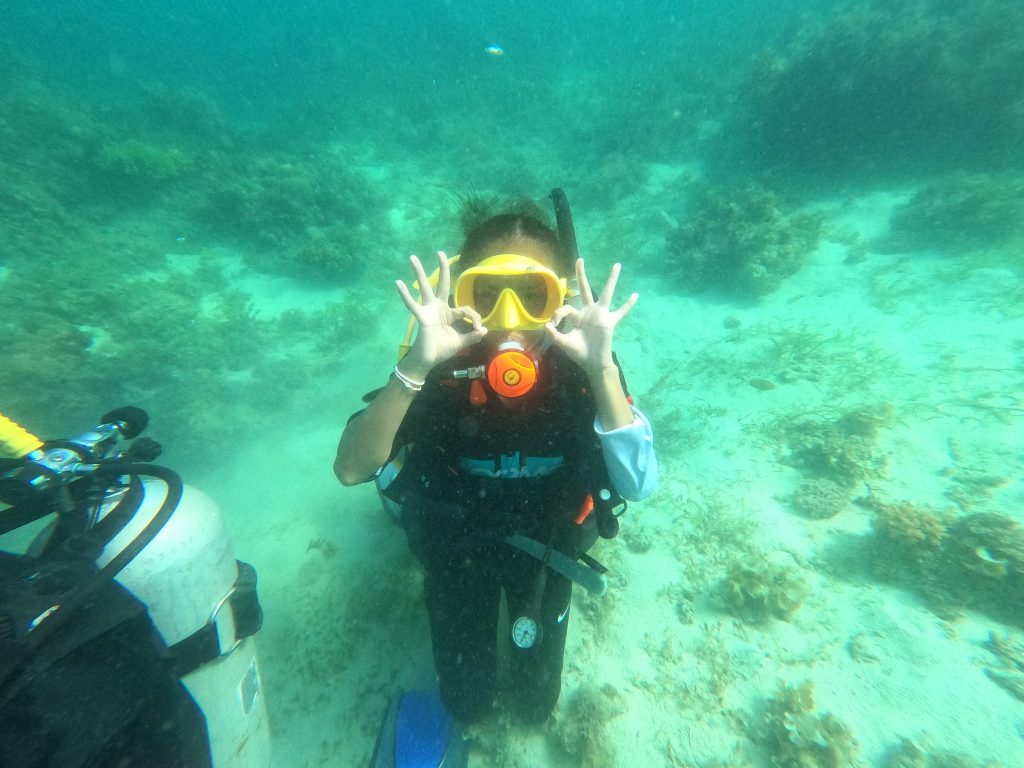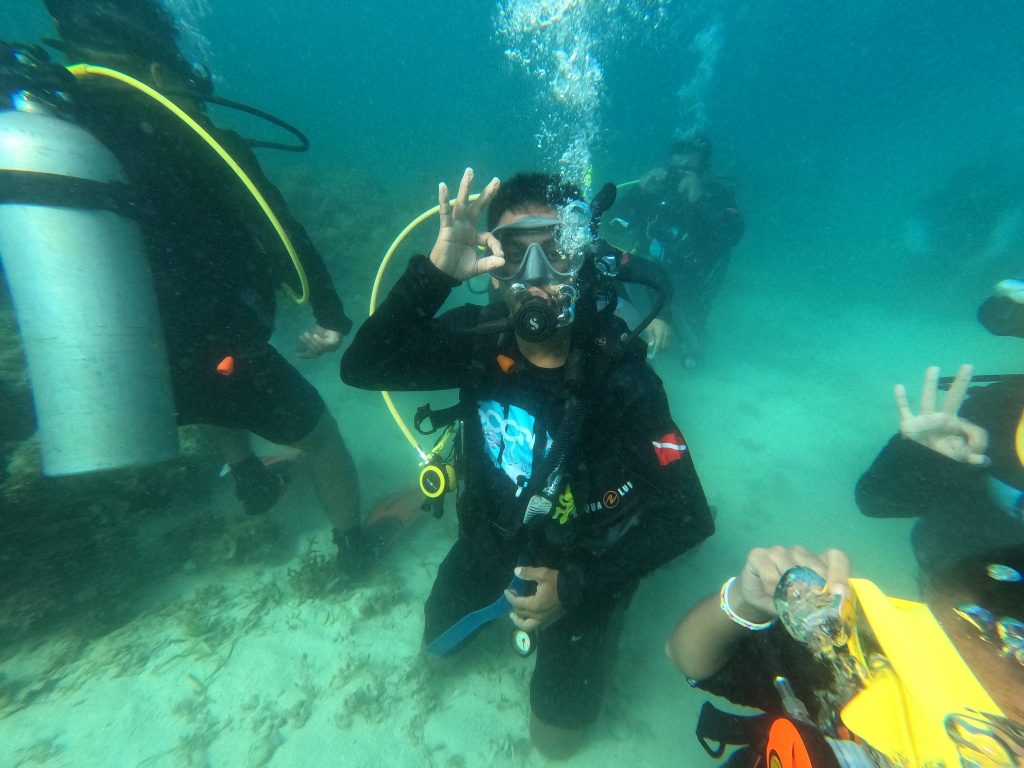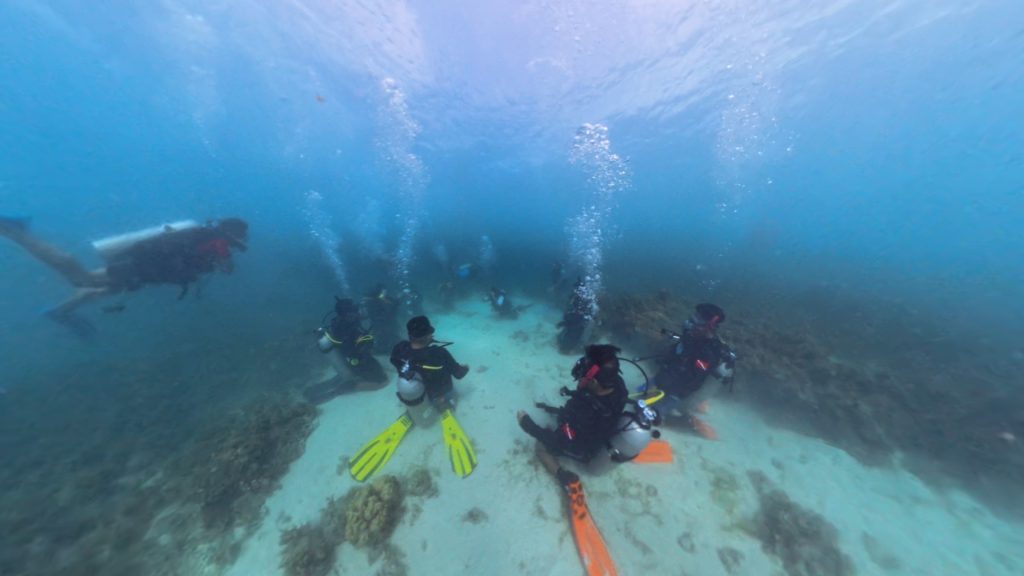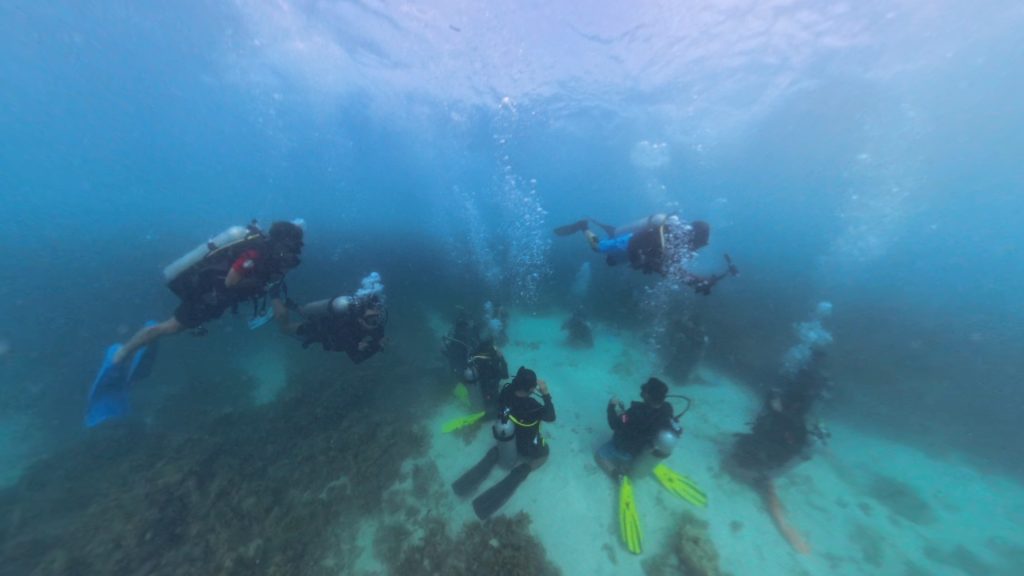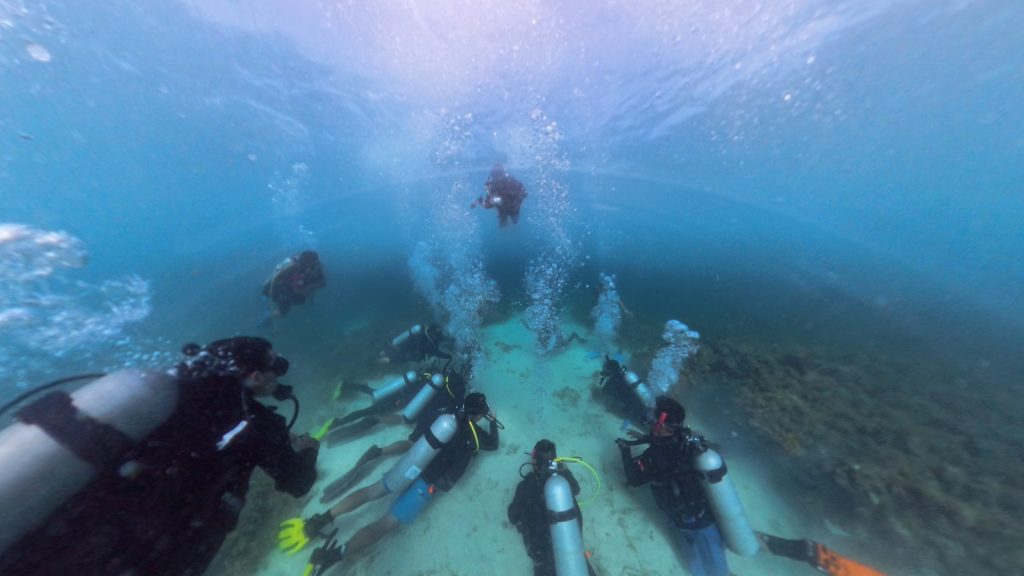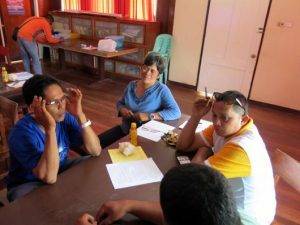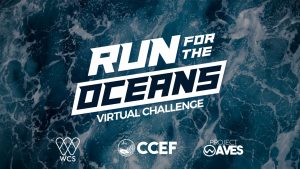July 28 – 30, 2025, Brgy. Bogo, Argao, Cebu – In its continued commitment to strengthening local capacity for marine conservation, the Coastal Conservation and Education Foundation (CCEF) facilitated an Open Water Dive Certification Training for nine personnel from the Southeast Cebu Municipalities—Argao, Dalaguete, Alcoy, Boljoon, Oslob, and Santander—along with participants from the Municipal Local Government Unit (MLGU) of Badian. This activity was generously funded by the Unico Conservation Foundation through the Networking MPAs through Coastal LGU Alliance Project (NMCLAP).

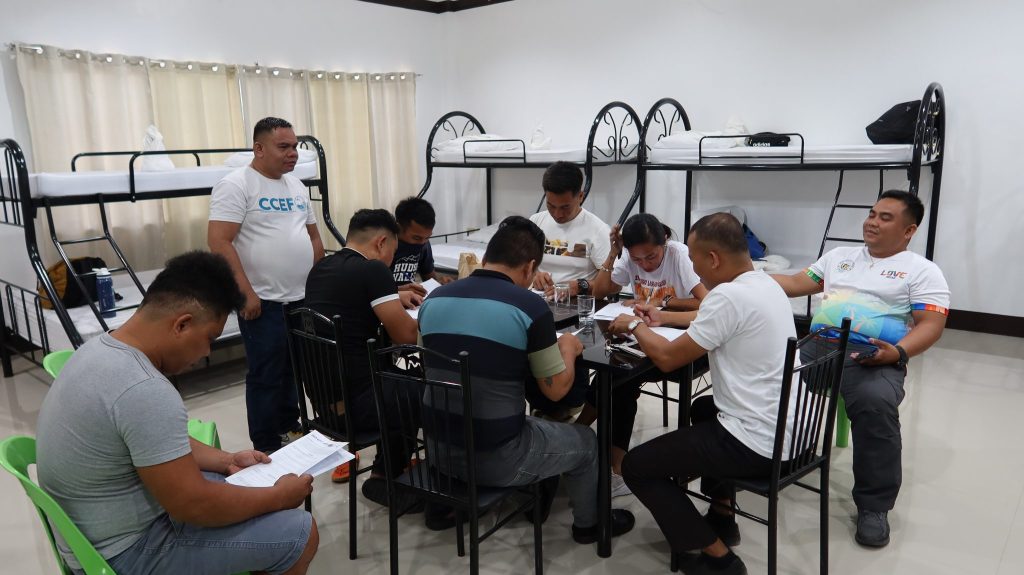
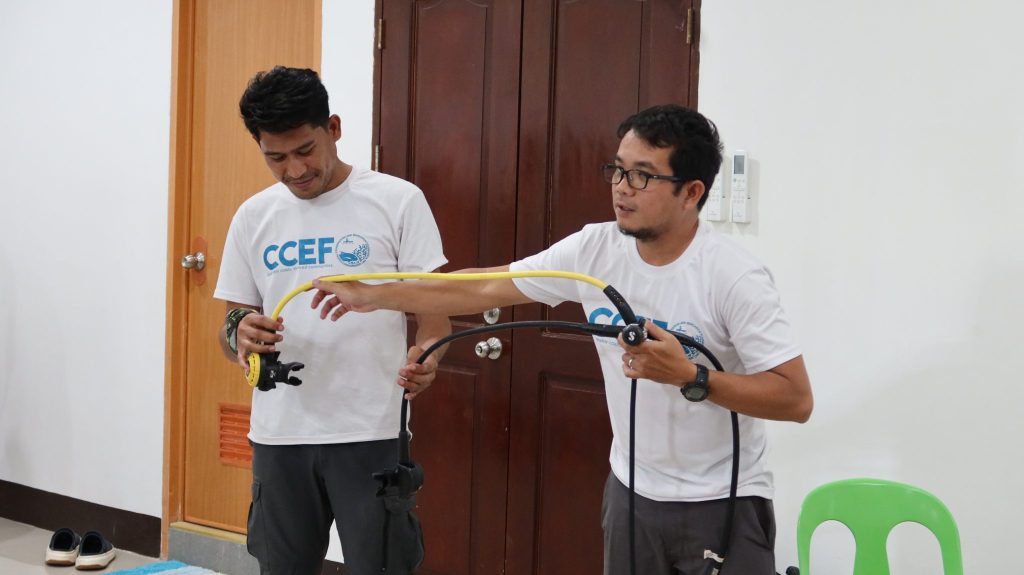
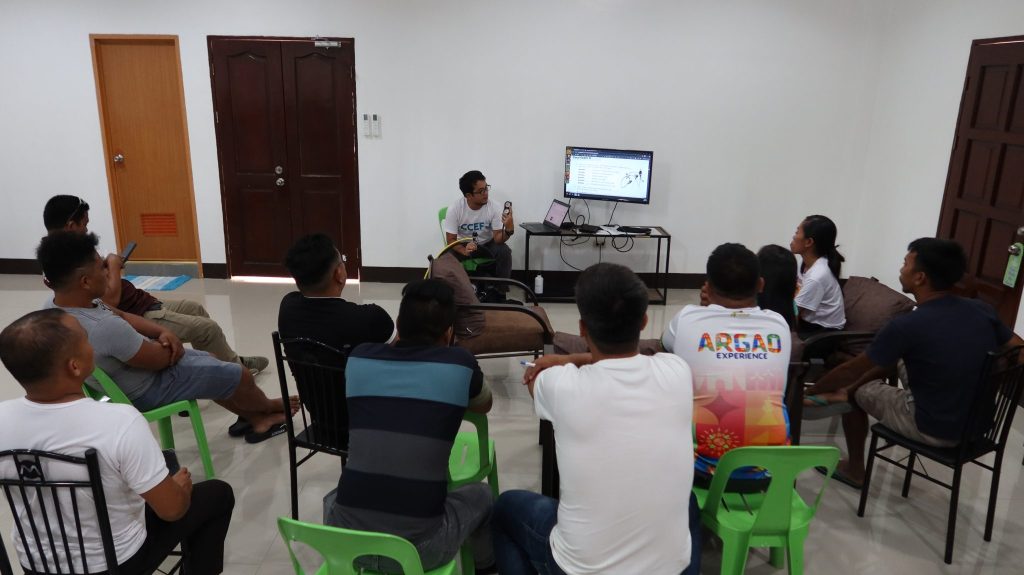
Conducted in collaboration with PADI-certified Dive Instructor Atty. Dalton Presle B. Dacal, the training provided participants with essential skills in safe and effective diving, preparing them for their role in underwater monitoring and marine ecosystem assessments. This initiative forms part of a broader strategy to establish a dedicated Coastal Ecosystems Monitoring Team for ADABOSS cluster and in Badian, composed of local actors who are directly involved in the protection, management, and assessment of their marine areas.
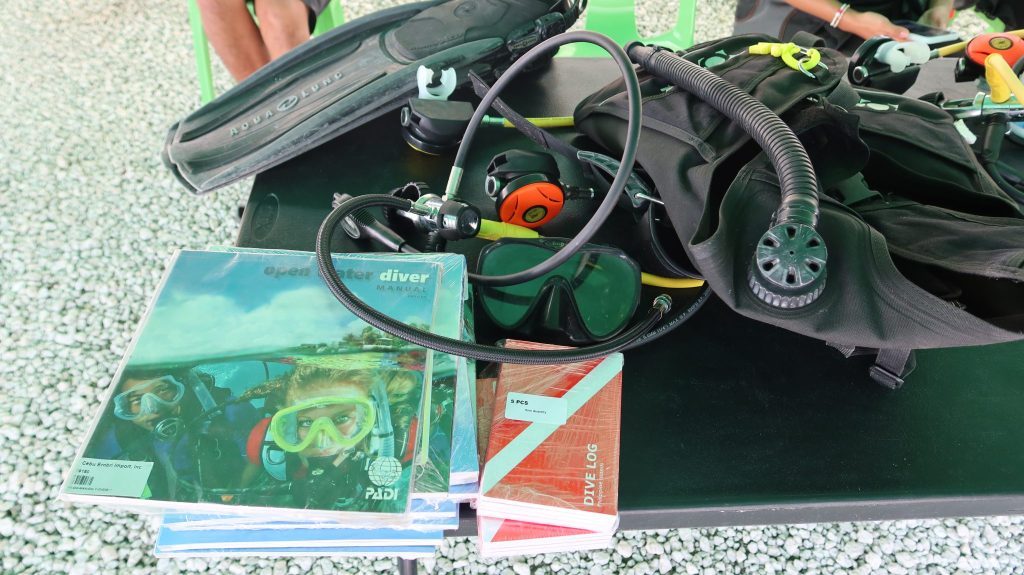
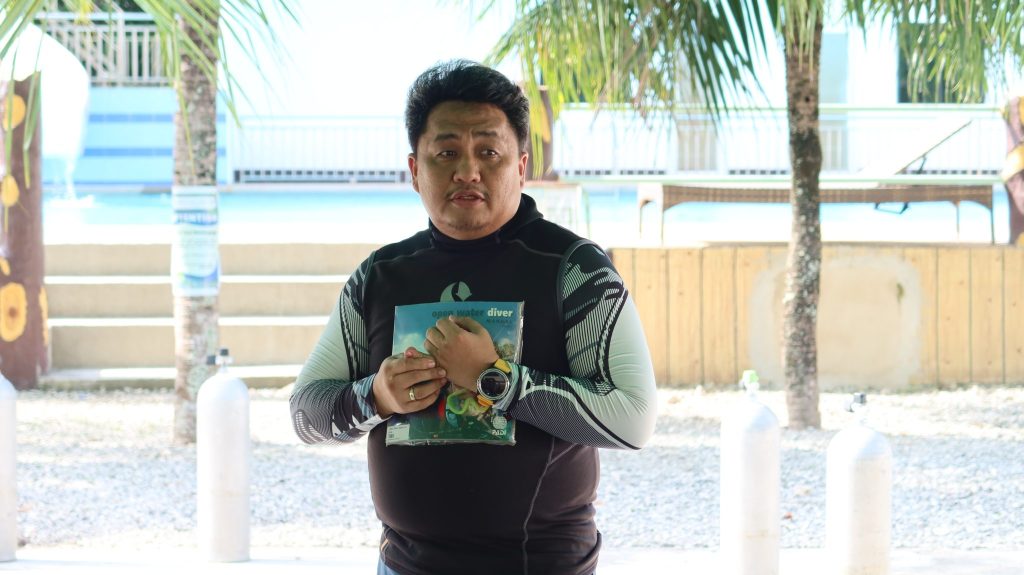
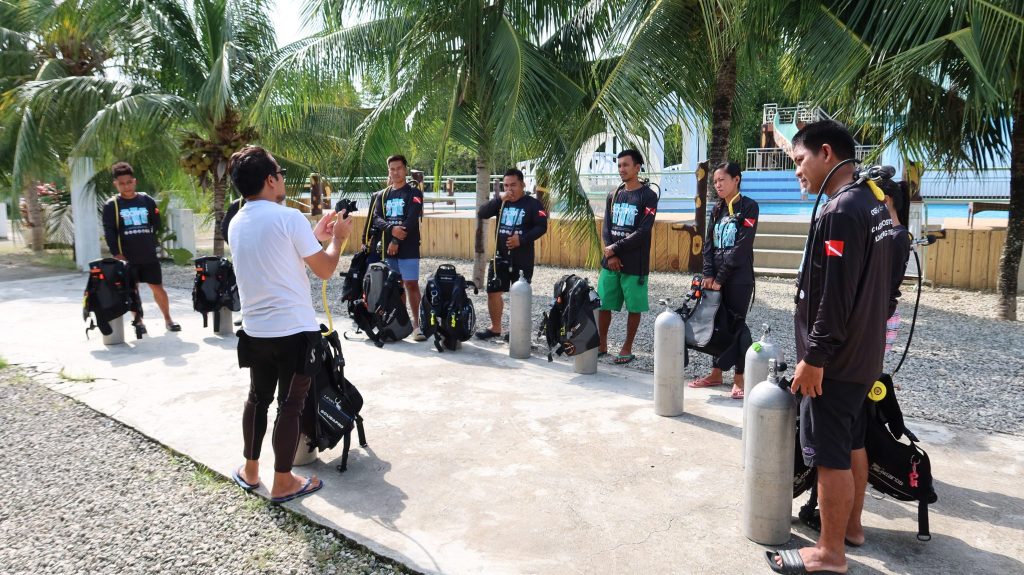
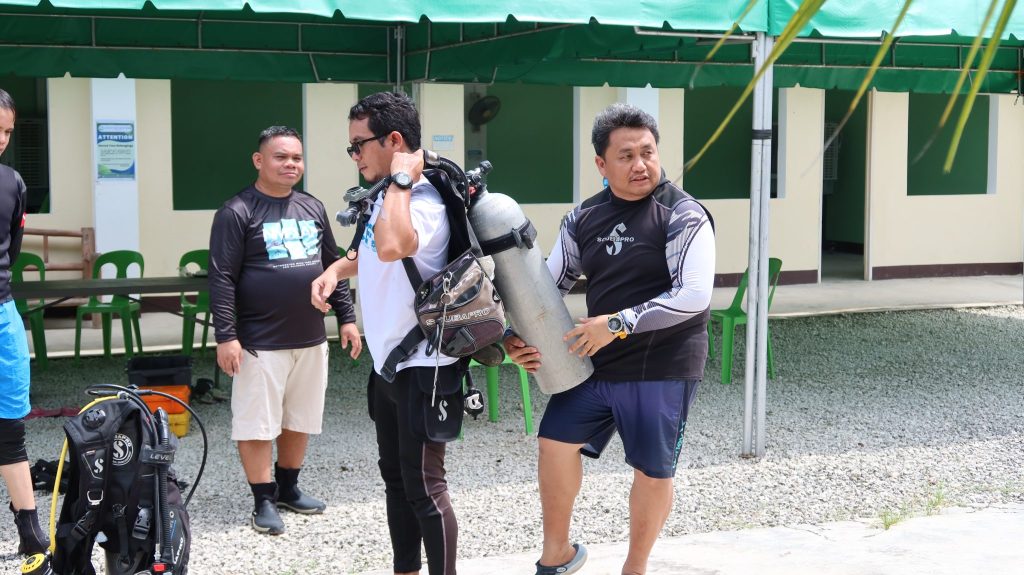
With Phase 1 completed, the trained personnel will now proceed to Phase 2, which focuses on Coastal Habitat Assessment Methodologies Training. This next phase will enhance their capacity to monitor coral reefs, seagrass beds, and mangroves using science-based tools, enabling more accurate and consistent data collection to guide local marine management decisions.
Beyond the immediate skills gained, this initiative underscores the vital importance of investing in people—ensuring that conservation is not only technically sound, but also locally led. By equipping community-based personnel with diving skills and scientific monitoring knowledge, CCEF is helping LGUs build in-house capacity to carry out regular reef and habitat assessments, enforce MPA regulations more effectively, and generate reliable data to inform coastal resource management plans.
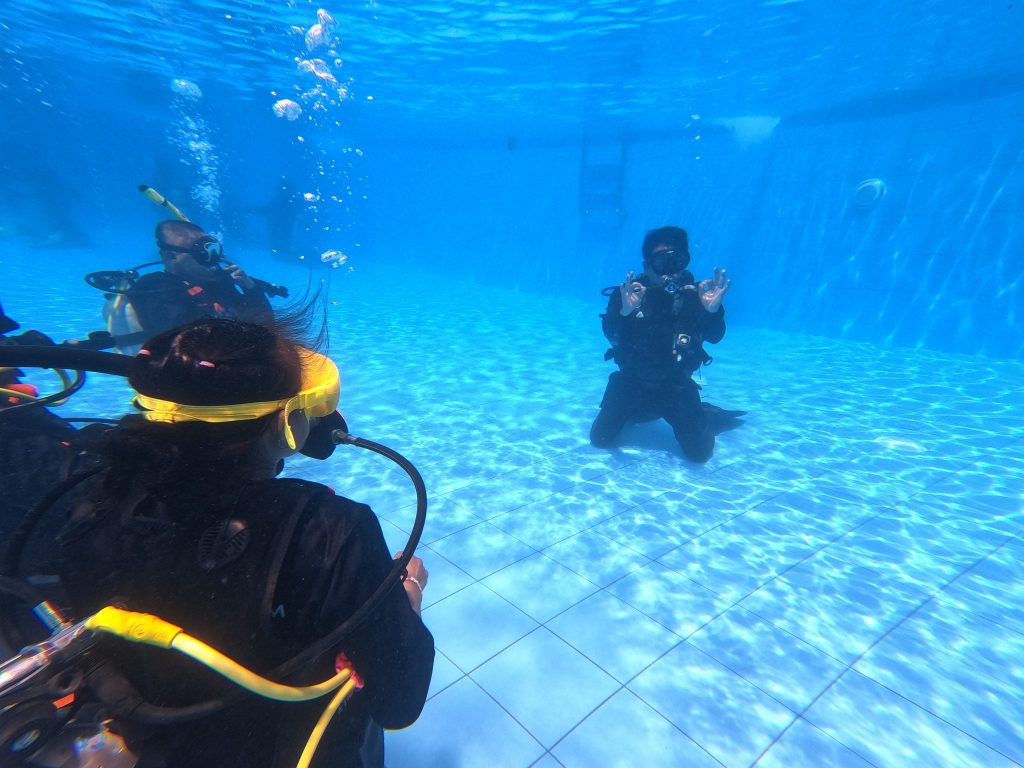
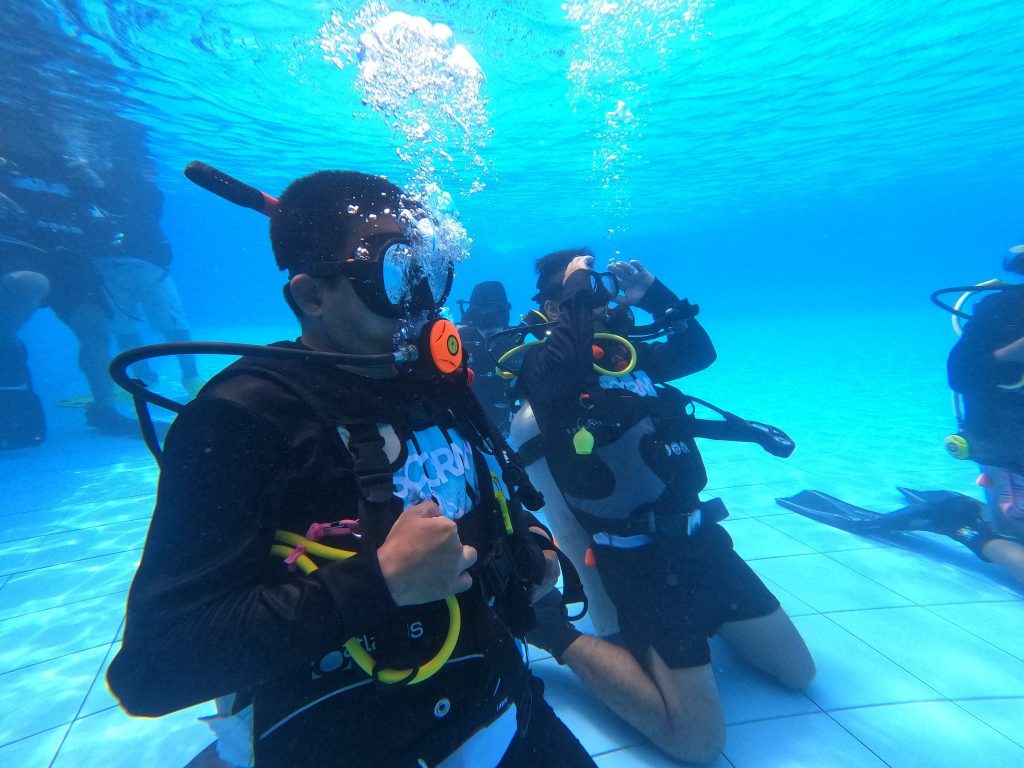
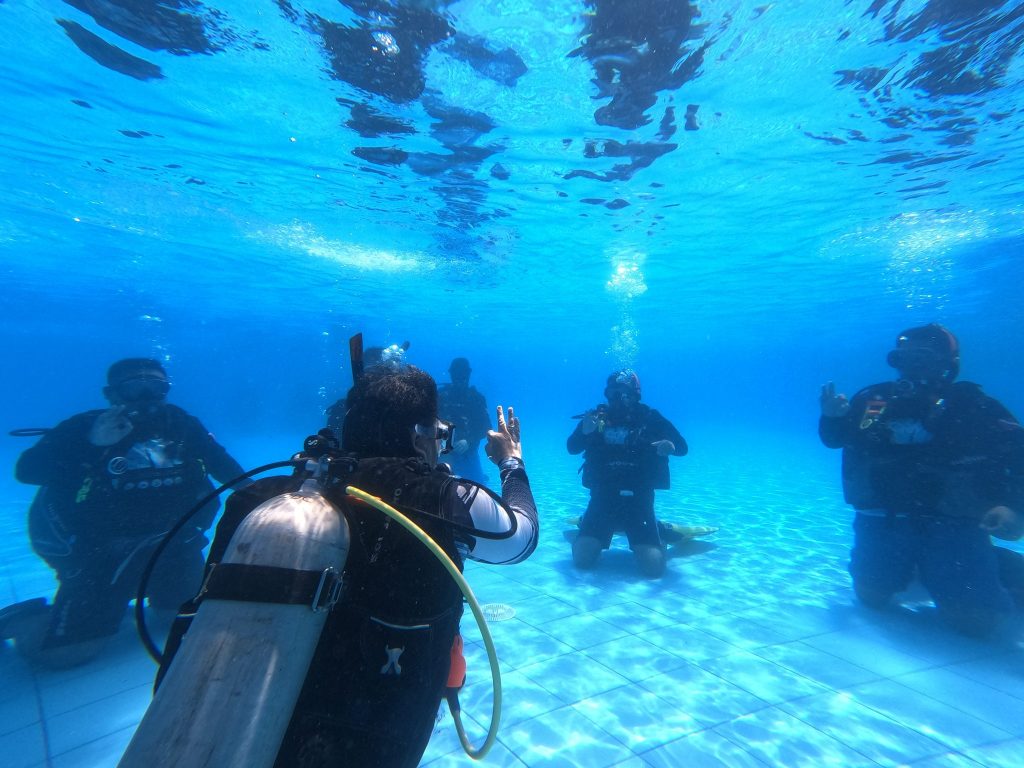
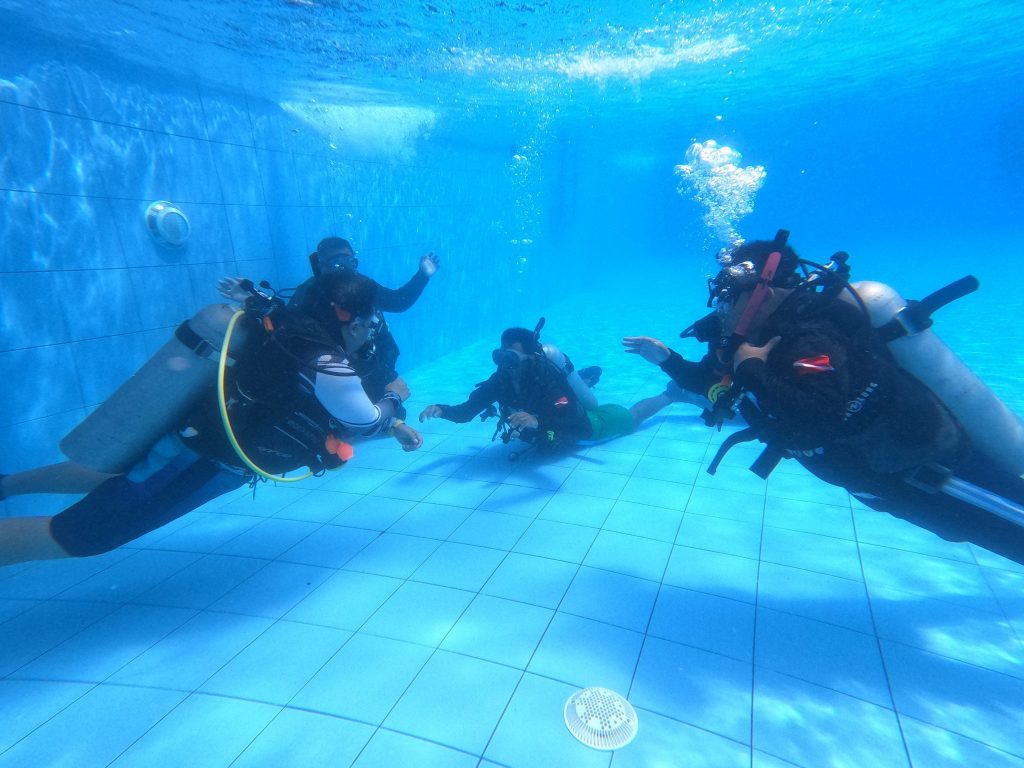
This milestone serves as a launching point for LGUs to develop sustained, science-based monitoring programs, apply for relevant conservation grants, improve enforcement coordination, and engage more meaningfully in inter-LGU marine management networks. It demonstrates how strategic capacity-building can lead to long-term environmental stewardship and scalable models for effective coastal governance. For partners, donors, and fellow conservation practitioners, it affirms the value of empowering local communities to take ownership of marine conservation—grounded in local context, sustained through collaboration, and driven by those most affected by coastal challenges.
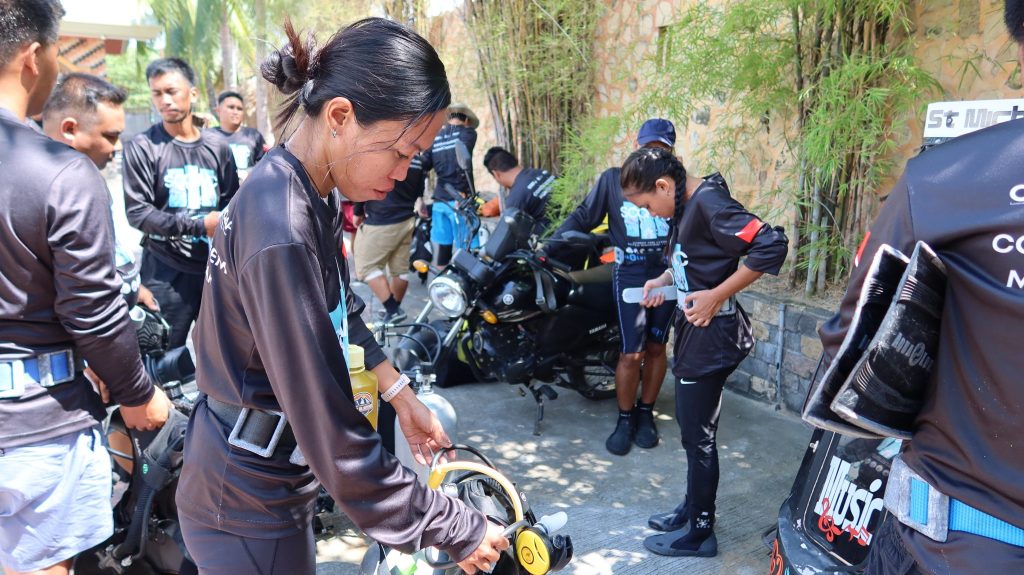
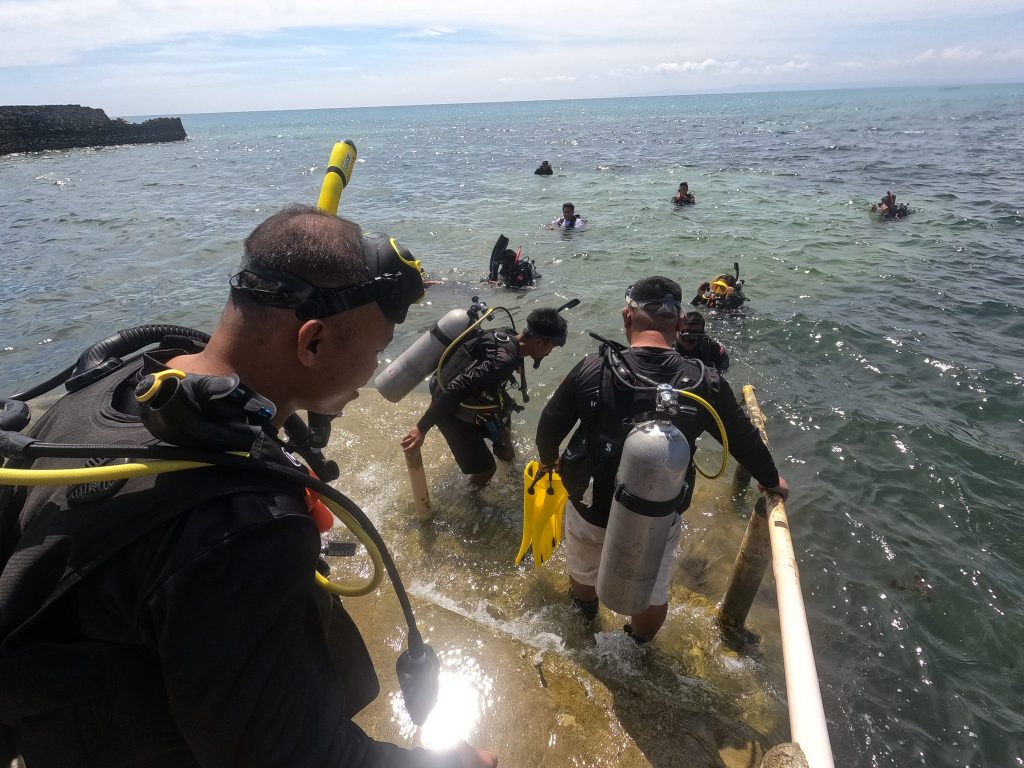
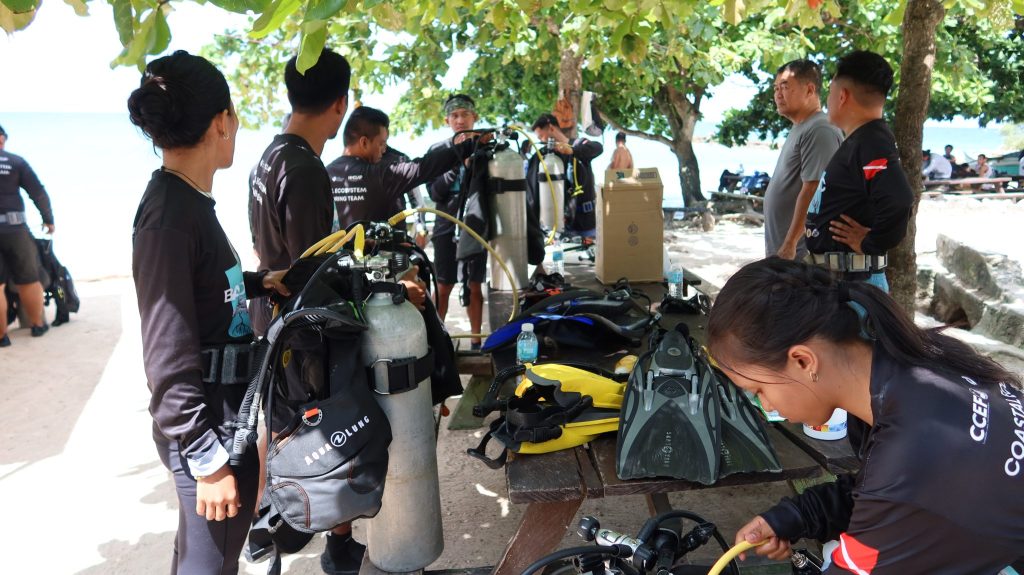
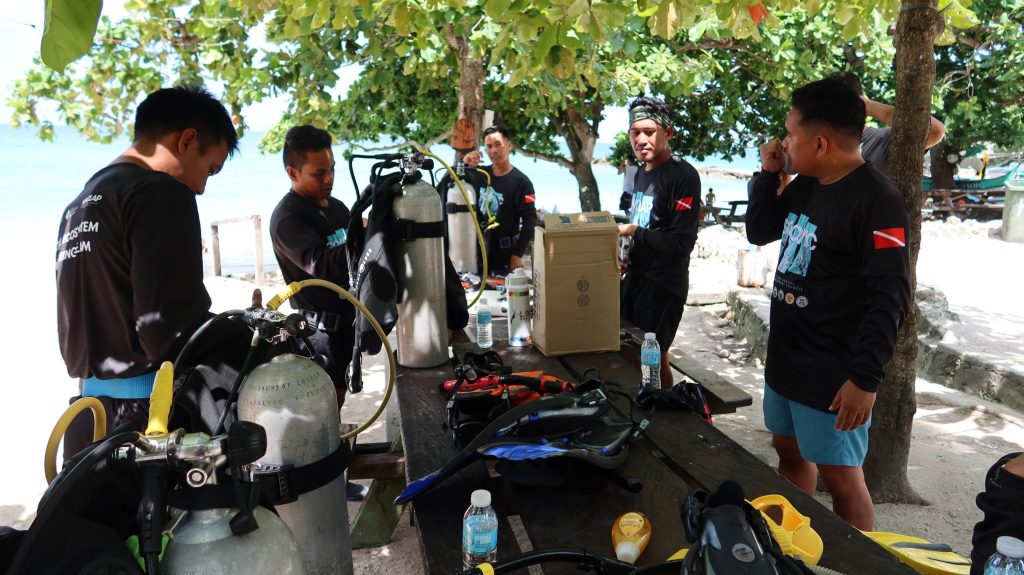
With empowered monitoring teams now in place, the ADABOSS cluster and the Municipality of Badian are well-positioned to advance their shared vision of healthy, well-managed coastal ecosystems—ensuring that their marine biodiversity is protected, their governance strengthened, and their coastal communities supported for generations to come.
